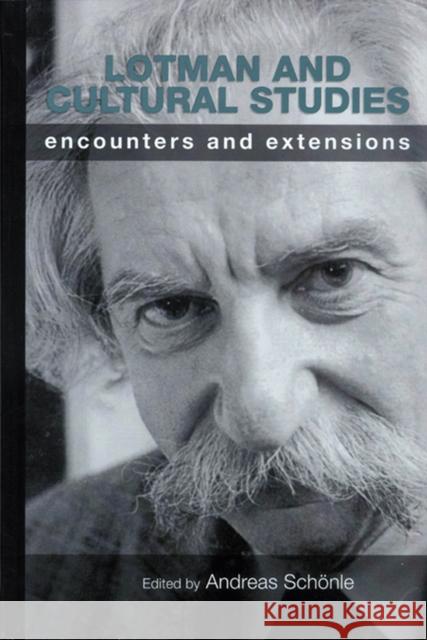Lotman and Cultural Studies: Encounters and Extensions » książka
Lotman and Cultural Studies: Encounters and Extensions
ISBN-13: 9780299220402 / Angielski / Twarda / 1997 / 394 str.
One of the most widely read and translated theorists of the former Soviet Union, Yurii Lotman was a daring and imaginative thinker. A cofounder of the Tartu-Moscow school of semiotics, he analyzed a broad range of cultural phenomena, from the opposition between Russia and the West to the symbolic construction of space, from cinema to card playing, from the impact of theater on painting to the impact of landscape design on poetry. His insights have been particularly important in conceptualizing the creation of meaning and understanding the function of art and literature in society, and they have enriched the work of such diverse figures as Paul Ricoeur, Stephen Greenblatt, Umberto Eco, Wolfgang Iser, Julia Kristeva, and Frederic Jameson.
In this volume, edited by Andreas Schonle, contributors extend Lotman's theories to a number of fields. Focusing on his less frequently studied later period, "Lotman and Cultural Studies" engages with such ideas as the "semiosphere," the fluid, dynamic semiotic environment out of which meaning emerges; "auto-communication," the way in which people create narratives about themselves that in turn shape their self-identity; change, as both gradual evolution and an abrupt, unpredictable "explosion"; power; law and mercy; Russia and the West; center and periphery.
As William Mills Todd observes in his afterword, the contributors to this volume test Lotman's legacy in a new context: "Their research agendas-Iranian and American politics, contemporary Russian and Czech politics, sexuality and the body-are distant from Lotman's own, but his concepts and awareness yield invariably illuminating results.""











